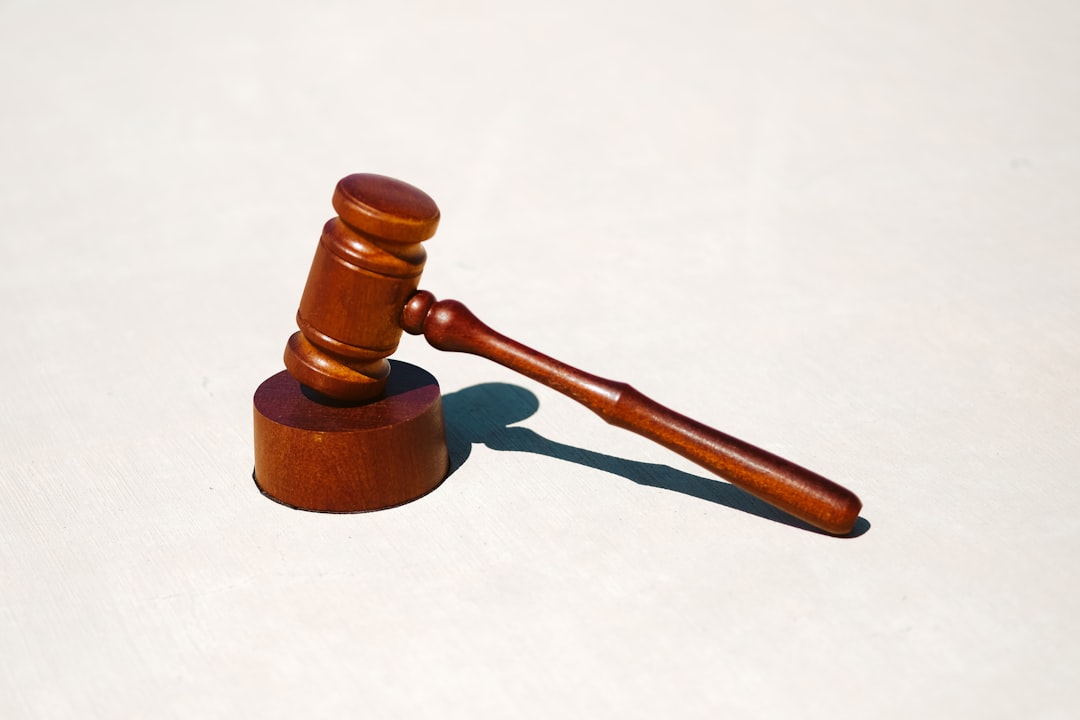Debt collectors in Minnesota must follow state and federal laws, including the MFDCPA, which protect consumers from harassment and abusive practices. If your rights are violated, consult a lawyer specializing in Minnesota debt collector laws for guidance on filing complaints and legal action, ensuring fair treatment and potential compensation.
In Minnesota, understanding your rights against debt collectors is crucial. If you’ve been harassed or treated unfairly by a debt collector, it’s important to know that Minnesota law provides protections for consumers. This article guides you through the state’s debt collection laws, outlines when collector behavior becomes unlawful, and explains your consumer rights. Learn how to take legal action against a debt collector as well as the types of damages available. For expert advice, consider consulting a lawyer specializing in debt collector laws in Minnesota.
Understanding Debt Collection Laws in Minnesota

In Minnesota, debt collection practices are governed by both state and federal laws designed to protect consumers from aggressive or unfair tactics. Understanding these regulations is crucial when considering whether to sue a debt collector. A lawyer for debt collector laws in Minnesota can provide valuable insights into your rights and available legal options.
Minnesota’s Attorney General’s Office actively enforces fair debt collection practices, ensuring that collectors adhere to the Fair Debt Collection Practices Act (FDCPA) guidelines. These laws prohibit abusive, false, or deceptive acts during debt collection efforts. Familiarizing yourself with these protections can help you discern if a collector has violated your rights, potentially providing grounds for legal action against them.
When Is a Debt Collector's Behavior Unlawful?

In Minnesota, a debt collector’s behavior becomes unlawful when it violates state and federal laws designed to protect consumers. Actions such as harassing phone calls at unreasonable hours, using abusive or threatening language, misrepresenting the amount owed, or failing to verify the debt before contacting the consumer can all be considered violations. A lawyer for a debt collector in Minnesota should understand these legal boundaries to ensure their client’s practices comply with the law.
If a debt collector engages in any of these unlawful behaviors, consumers have rights under Minnesota law, including the right to file a complaint with state regulatory agencies and seek legal action against the collector. Engaging a lawyer specializing in debt collection law can help protect your rights and ensure that you receive fair treatment during the debt collection process.
Rights of Consumers Against Debt Collectors

Consumers in Minnesota have rights when it comes to dealing with debt collectors, and breaking these laws can result in significant legal repercussions. Under Minnesota law, debt collectors must adhere to strict guidelines regarding their collection practices. They are prohibited from using intimidating or oppressive tactics, misleading statements, unfair means, or abusive language when attempting to collect a debt.
If a consumer feels their rights have been violated by a debt collector, they may consider seeking legal advice from a qualified lawyer for debt collectors in Minnesota. These professionals can help navigate the complexities of the law and guide consumers through the process of filing a complaint if necessary. Understanding one’s rights is crucial to protect against unfair collection practices and ensure a fair resolution when dealing with debt collectors.
Legal Action: Suing a Debt Collector

If you believe a debt collector has violated your rights under Minnesota law, it’s important to know that legal action is an option. The first step is to consult with a qualified lawyer for debt collectors in Minnesota who specializes in consumer protection laws. They can help you understand your rights and the specific regulations that apply to the situation, such as those outlined in the Minnesota Fair Debt Collection Practices Act (MFDCPA).
Filing a lawsuit against a debt collector can be a complex process, so it’s crucial to have an expert guide you through it. A good lawyer for debt collectors will assess your case, gather evidence of any violations, and represent you in negotiations or court proceedings. Don’t let aggressive debt collection practices intimidate you; knowing your rights and taking legal action can protect you from unfair treatment and help secure a favorable outcome.
Compensatory and Punitive Damages in Debt Collection Cases

In debt collection cases under Minnesota law, individuals who have been wronged by aggressive or illegal practices can seek compensatory and punitive damages from the responsible parties, including debt collectors and their lawyers. Compensatory damages aim to reimburse victims for any financial losses or harm they’ve suffered due to the misconduct, such as late fees, interest charges, or emotional distress caused by harassment. Punitive damages, on the other hand, are designed to punish the defendant and serve as a deterrent to future similar behavior, often awarded when debt collectors engage in willful, wanton, or malicious conduct.
When considering these damages, a lawyer for debt collector laws in Minnesota can play a crucial role. They can help victims navigate the legal system, assess the validity of their claims, and present a strong case for compensation. With their expertise, individuals have a better chance of achieving justice and recovering from unfair debt collection practices.






